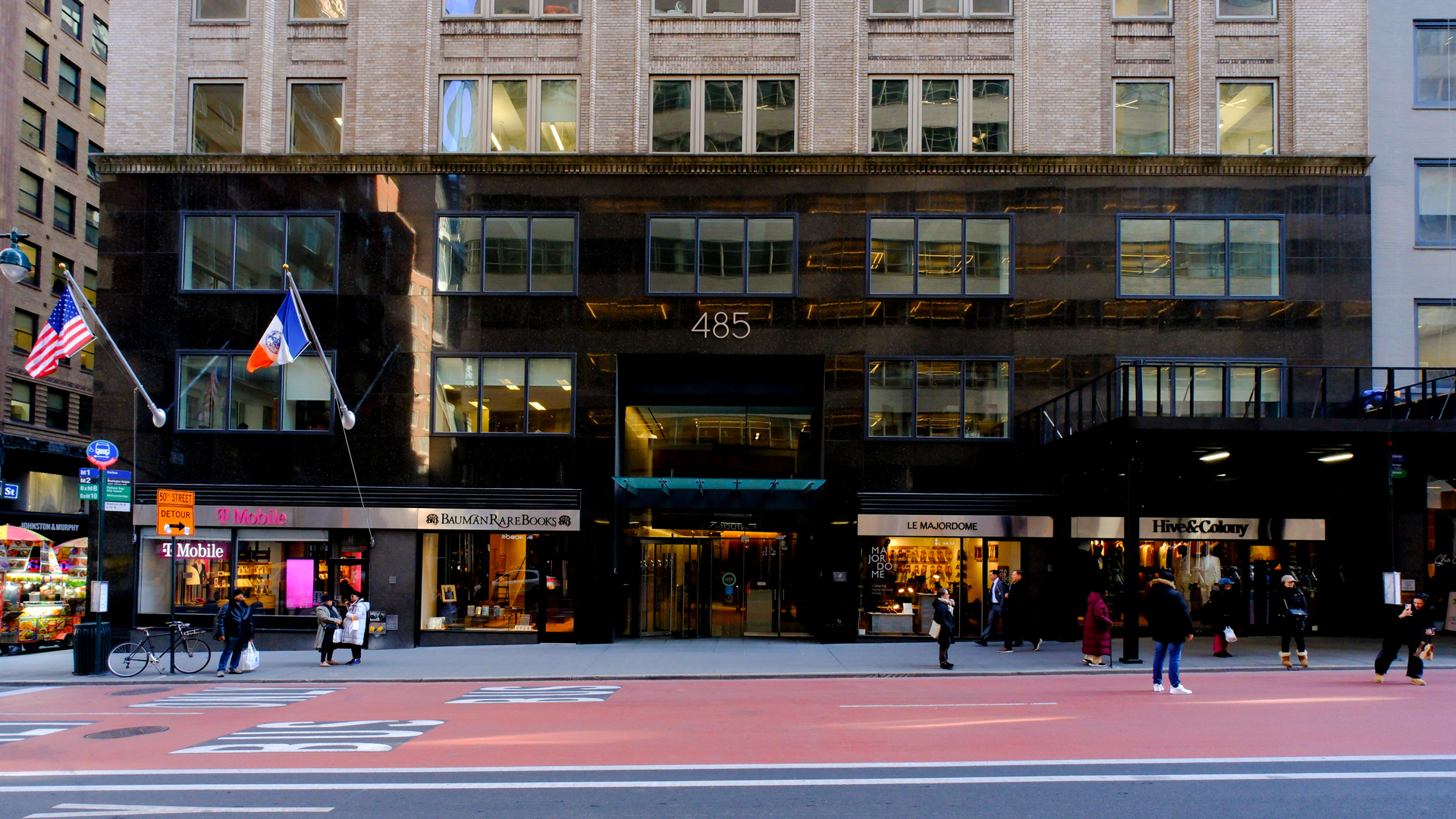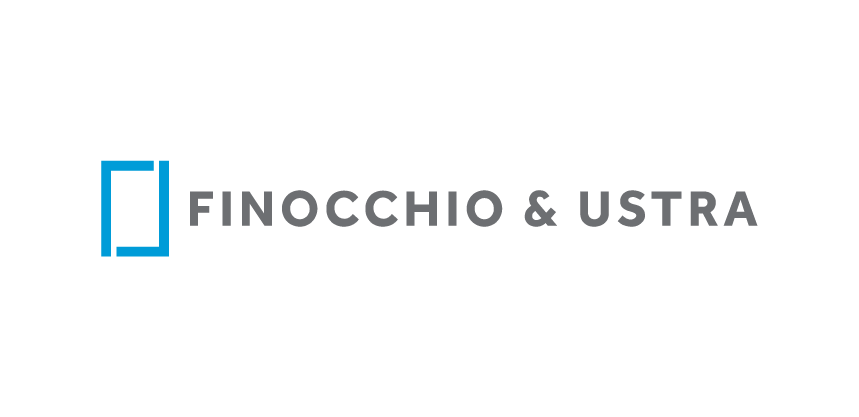Asset recovery is not merely a frantic search for assets. On the contrary, for creditors to successfully collect the amounts owed to them, it is essential to adopt sound legal strategies and possess precise technical knowledge of the mechanisms available under Brazilian law. These factors can increase the chances of success and reduce operational costs.
Although Brazil is a major investment hub, default rates continue to rise and represent a significant obstacle to asset recovery. In July of this year, the country recorded 78.2 million indebted individuals, and renegotiation agreements surpassed R$ 11.1 billion.
This scenario adds complexity to recovery efforts and, consequently, demands increasingly specialized strategies to ensure that debts are actually converted into effective payments.
At this point, the involvement of a law firm with a specialized credit recovery team becomes essential. This type of work requires everything from risk mapping and identification of alternatives to the management of complex proceedings with agility, culminating in the effective attachment of the debtor’s assets.
Among the strategies employed, thorough due diligence and in-depth asset investigations stand out, supported by tools capable of identifying various types of assets, such as financial investments, vehicles, real estate, agricultural products, and other types of inputs. This enables a comprehensive mapping of the debtor’s assets and, even before judicial measures are taken, allows for the implementation of precautionary measures that increase the chances of credit recovery.
Ultimately, credit recovery in Brazil is achieved at the intersection of legal acumen and practical execution. It’s not enough to know the rules; you must know how to navigate the system — apply the law with precision, leverage smart shortcuts, and neutralize standard defenses. For foreign companies, partnering with a specialized law firm turns complexity into momentum and materially improves recovery outcomes.


